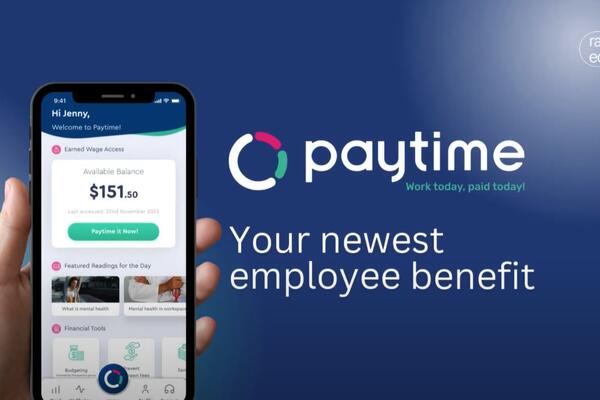roles we recruit.
-
recruitment areas
We partner with education professionals in the following areas:
- early childhood
- occasional care service
- vacation care
- outside school hours care
- primary school
- private training establishments
- secondary school
- special needs education
- tertiary education
- higher education
- management roles
learn more about our roles in education.
child safety policy and procedures.
Randstad Education is committed to the safety of children and we have a zero tolerance approach to all forms of child abuse or neglect.
Please click the link below to read our policy and procedures.
read our policytemporary and contractor handbook.
Working within the education sector we are positioned as the industry leader by ‘Shaping the World of Education’. We do this by helping people find the right job, helping contribute to society and the community in which we live and work, and influencing industry to set high standards, best practice and benchmarks.
Click below to read the Randstad Education handbook.
read the handbooklearn about education jobs.
-
what jobs can you do with a teaching degree?
A teaching degree is a good foundation for careers within and beyond the classroom. Graduates of a teaching degree often become early childhood educators, primary school teachers or special education teachers, depending on the area of specialisation. You can also find teaching jobs in curriculum development, educational consultancy or school leadership, like headteacher positions. Outside of traditional school settings, a teaching degree can also lead to careers in adult education, corporate training and educational publishing.
-
what jobs can you get with an education degree besides teaching?
An education degree offers diverse career paths beyond traditional classroom teaching. You can pursue roles in educational consultancy, where you advise schools, institutions or organisations on curriculum development and learning strategies. You will also find teaching jobs in instructional design, where you create training materials and e-learning programs for corporate or government use. Educational publishing is also a promising career path, with opportunities in writing and editing textbooks, as well as creating digital content.
-
how to become a primary school teacher?
As a primary school teacher, you should pursue a bachelor's degree in a relevant field. Complete a Bachelor of Education (Primary), which takes four years and gain experience through scheduled work placements. If you have a bachelor's degree in a different field, you can pursue a Master of Teaching (Primary), which takes two years to complete. You should also register with the state or territory’s Teaching Registration Authority. Once qualified and registered, building strong classroom management skills and gaining experience through internships and temporary or substitute positions can help improve your job prospects.
-
how much does a primary school teacher earn?
The average primary school teacher's salary varies depending on qualifications, location and experience. Entry-level teachers generally start with a salary aligned with government pay scales, which steadily increases with years of service. In Australia, the average remuneration of primary school teachers ranges anywhere from $100,000 to $105,000 per year. Teachers working in metropolitan areas may earn more than those employed in rural or remote regions. In many cases, your remuneration as a primary school teacher will also depend on whether you work in the public or private education sector.
-
how to become a teacher assistant?
If you are looking for teacher assistant jobs, you need a certificate-level qualification in education. A Certificate III in school-based education support prepares you for an entry-level role, equipping you with the necessary skills required to assist teachers and support student learning in the classroom. If you have prior experience working in an education support role, you can pursue a Certificate IV in School-Based Education Support, which provides more advanced training and may lead to specialised roles supporting students with additional needs.
-
what does a teacher assistant do?
As a teacher assistant, you support teachers in the classroom and enhance the educational experience for students. Your duties include assisting with lesson preparation, supervising students during class activities and providing one-on-one support to children. You also assist with classroom organisation, administrative tasks and maintaining a positive learning environment. In many cases, teacher assistants may also help in supporting students with special needs or behavioural challenges to ensure that all learners receive the educational assistance they need.
-
what qualifications do I need to be a teacher assistant?
To become a teacher assistant in Australia, you typically need a certificate-level qualification. A Certificate III in School Based Education Support is the standard entry-level qualification and prepares you for classroom support roles. If you want to work with students with additional needs or assume more responsibilities, you can pursue a Certificate IV in School Based Education Support. It’s also beneficial to join professional networks like the Australian Teacher Aide, which offers resources and career development opportunities to support your advancement as a teacher assistant.







